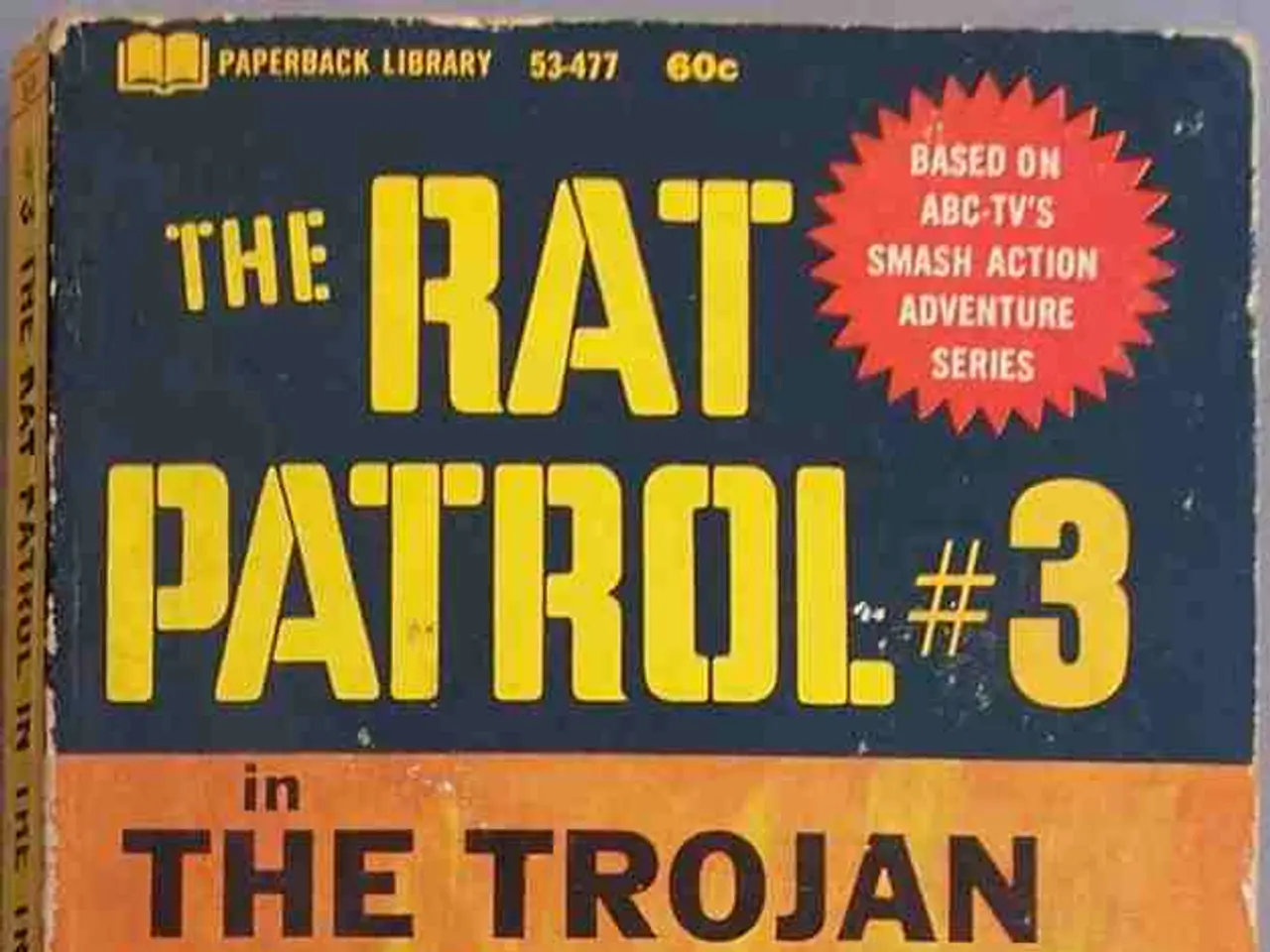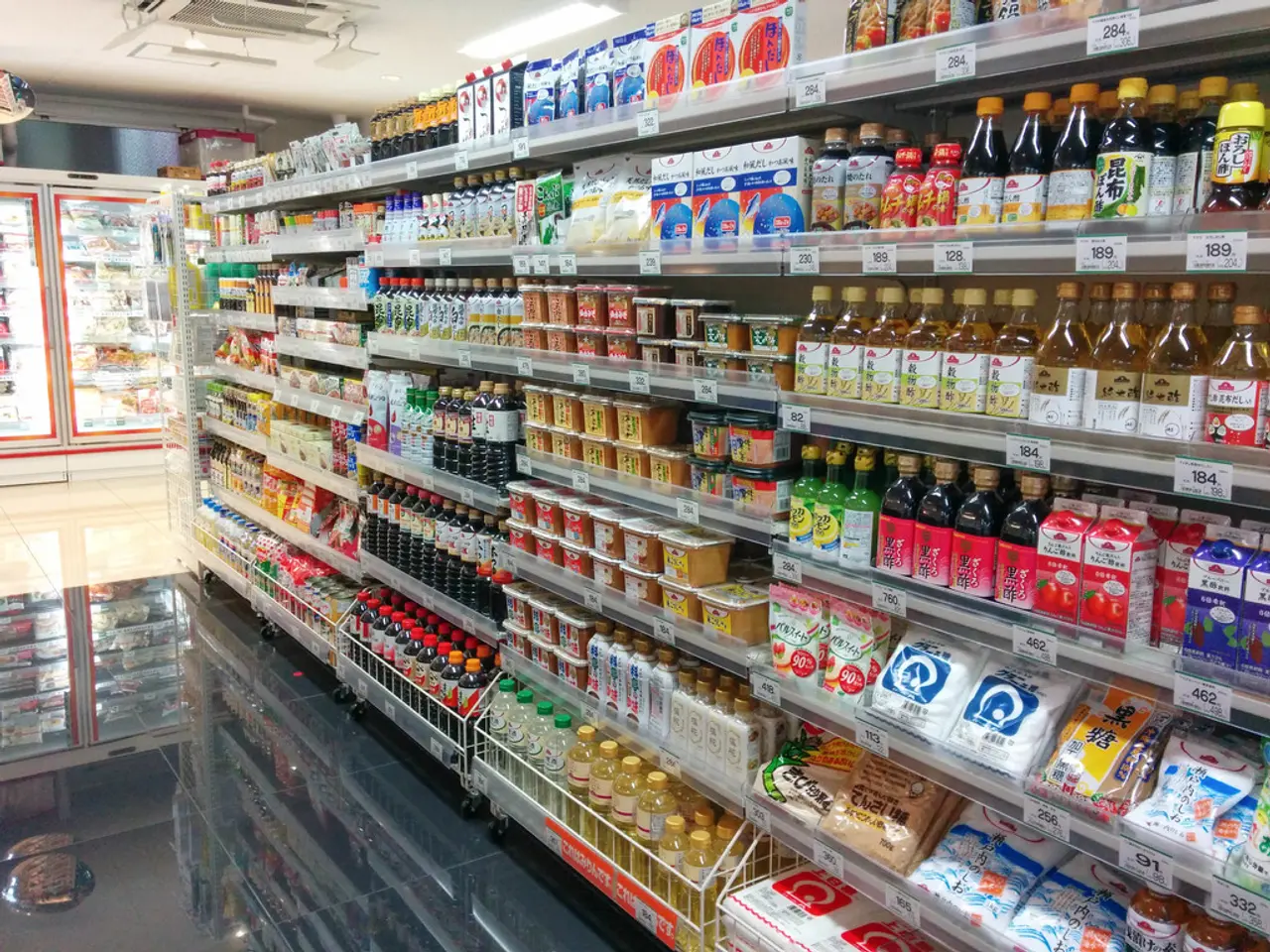Shoichiro Toyoda Elected into the Automotive Hall of Fame - Message from Akio
Shoichiro Toyoda, the visionary leader who played a pivotal role in shaping Japan's automotive industry, was posthumously inducted into the Japan Automotive Hall of Fame. This honour acknowledges his foundational leadership and historic contributions, which propelled Toyota Motor Corporation into a global powerhouse.
Born into the Toyoda family, Shoichiro's love for manufacturing, or monozukuri, was nurtured from an early age by his grandfather, Sakichi, and father, Kiichiro. He cherished the principles that Toyota has held since its inception: genchi-genbutsu (going to the source for facts), building quality into the process, ceaseless innovation, and the belief that monozukuri is about developing people.
At the age of 27, Shoichiro joined Toyota as a director following Kiichiro's death. He spent a significant portion of his career leading the company, paving the way for Toyota to move beyond Japan and become a global entity. His dedication to monozukuri led him to work tirelessly with engineer Kenya Nakamura to create the Century car, a testament to his commitment to innovation.
In his later years, even past the age of 90, Shoichiro continued to share his observations from the rear seat with Toyota's engineers, demonstrating his unwavering focus on the manufacturing process. He was devoted to nurturing talent and believed in the importance of monozukuri as a means of developing people.
Shoichiro's legacy extends beyond Toyota. As chairman of Keidanren, Expo 2005 Aichi, and the Institute of Invention and Innovation, he worked to create a society where children could have hopes and dreams and all the world's people could live in peace and prosperity.
At the induction ceremony in Tokyo on November 14, Akio Toyoda, Shoichiro's son and current chairman of Toyota, delivered an acceptance speech. He described Shoichiro as an engineer, a Toyota leader, and a person who embodied the company founder's vision. Akio has carried forward this legacy with a distinguished career marked by comprehensive experience across all major facets of automotive operations.
Shoichiro's induction into the Japan Automotive Hall of Fame serves as a testament to his profound impact and lasting legacy on Japan's automotive industry. His belief in the importance of "creating something new" and finding joy in seeing someone enjoying or benefiting from a product he worked hard to make continues to inspire Toyota's evolution in a rapidly changing automotive landscape.
[1] Toyota.co.uk
[2] Japan Automotive Hall of Fame
[3] The Japan Times
[4] Forbes
- Shoichiro's influence extended beyond Toyota, as he served as Chairman of Keidanren, Expo 2005 Aichi, and the Institute of Invention and Innovation, seeking to create a society where children could dream and all people could live in peace, prosperity, and harmony – areas that intersect significantly with finance and transportation industries.
- As Akio Toyoda, Shoichiro's son and the current chairman of Toyota, led the company with comprehensive experience across all major facets of automotive operations, his vision continued to drive Toyota to innovate and adapt in the ever-changing finance, transportation, and automotive landscapes.




